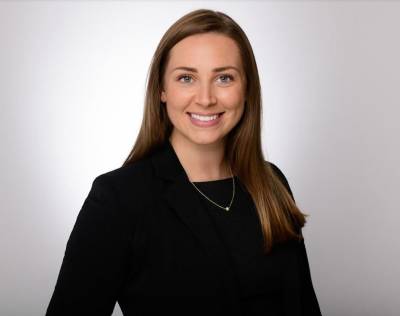How Are Professional Practices Addressed During a Couple’s Divorce?
A couple that plans to get a divorce will need to address multiple types of assets during the property division process. While the division of some types of property may be fairly straightforward, determining to handle complex assets can often be a complicated process. This is especially true in cases where a couple owns a professional practice. After putting in so much time and effort to become a licensed professional and establish a practice, a person may be concerned about how their divorce will affect the ownership and operation of this type of business. If both spouses were involved in managing and operating a practice, they may be unsure about how to proceed during and after the end of their marriage. Since issues related to professional practices can become very complicated, a spouse can protect their rights and interests by working with an experienced divorce attorney.
Dividing or Sharing Ownership of a Professional Practice
Dentists, chiropractors, accountants, and multiple other types of professionals may establish private practices that allow them to interact directly with patients or clients, build strong and lasting relationships, and provide value to their communities. Professionals may need to receive extensive education and training, and they will also need to maintain the proper licenses to ensure that they can provide quality services to their clients. After putting in the time, money, and effort to establish themselves, build a successful business, and maintain a positive reputation, a professional may want to ensure that they will be able to maintain ownership of their practice and continue providing services to clients, regardless of what happens during their divorce.
At the same time, a professional practice may be one of the most valuable assets owned by a married couple, and it may represent a significant financial investment. Even if only one spouse is a licensed professional, the practice may have been the primary source of income for both spouses. As a couple works to address issues related to property and finances during their divorce, they will need to consider whether they will be able to keep a practice in operation and whether they will both remain involved in the practice going forward. In some cases, continued co-ownership of a practice may be appropriate, while in others, a licensed professional may maintain sole ownership by buying out the other spouse’s share of the business.
As a couple takes stock of their marital property during the divorce process, they may need to perform a business valuation of a practice, which will provide them with an understanding of the actual value of this asset. However, the valuation process can sometimes be more complicated for professional practices. In addition to addressing a practice’s assets and liabilities, the business’s profits and losses, and the potential for future growth, other factors may also need to be considered. These may include the business’s goodwill in the community, the personal relationships that have been established with clients, and the value a licensed professional provides to the practice due to their reputation and experience.
Contact Our Milwaukee County Divorce Attorneys for Professional Practices
Owners of professional practices will need to address multiple considerations during the divorce process, and they will want to determine the best ways to protect themselves financially going forward. At Gimbel, Reilly, Guerin & Brown, LLP, we can help spouses determine the value of professional practices and other marital assets, and we can advise them on how they may be able to resolve disputes about how different types of property will be divided. To learn how we can help you make sure these issues will be addressed correctly during your divorce, contact our Milwaukee, WI property division lawyers at 414-271-1440 for a free consultation.
Sources:
https://docs.legis.wisconsin.gov/document/statutes/766.31
https://docs.legis.wisconsin.gov/statutes/statutes/767/vii/61

 By:
By: 





